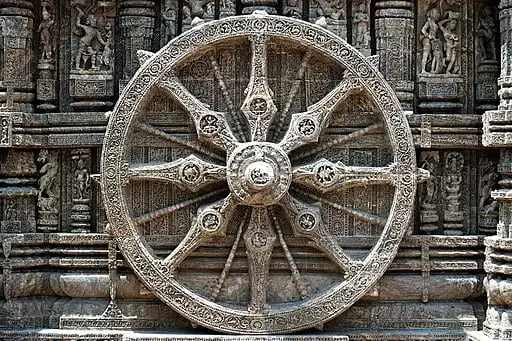Dharma is an unique concept in Indian philosophy
Dharma is a central concept shared by many religions in the Indian subcontinent, including Hinduism, Buddhism, Jainism, and Sikhism. Dharma is often translated as “duty,” “virtue,” or “righteousness,” but its meaning is more complex. It refers to the moral and ethical duties and responsibilities that individuals must follow in order to live a successful and fulfilling life.
In the context of Indian philosophy, it is considered the very foundation of life. It’s the moral law that each individual should follow, and it’s believed to be the governing principle that upholds the universe. Dharma varies based on one’s age, caste, gender, occupation, and community.
Another unique aspect of Indian philosophy is the concept of Moksha. Moksha, or liberation, is the ultimate goal of life in many Indian philosophies. It represents the release from the cycle of birth and death (Samsara), and the end of all suffering.
These concepts are part of a larger philosophical and spiritual framework that includes other concepts like Karma (action and consequence), Samsara (cycle of rebirth), and Yoga (path to Moksha).
Remember, these are complex concepts that have been interpreted in various ways by different schools of thought within Indian philosophy. They represent a rich and diverse philosophical tradition that has evolved over thousands of years.
Applying the concept of Dharma to your daily life involves integrating spirituality and ethical principles into your everyday routines. Here are some ways you can do this:
- Start your day with reflection or meditation: This can help set a positive intention for the day ahead.
- Practice gratitude: Acknowledge and appreciate the blessings and opportunities in your life.
- Engage in acts of kindness and compassion: This applies to both yourself and others.
- Apply in decision-making processes: Dharma provides a guiding framework for making ethical decisions and choices in life.
- Cultivate mindfulness through practice: Mindfulness is an essential aspect of Dharma practice that involves being fully present in the moment and aware of our thoughts, feelings, and actions.
Remember, Dharma is a complex and multifaceted concept that goes beyond mere compliance with moral rules and obligations. It encompasses the idea of cosmic order and the fundamental principles that govern the universe. By aligning one’s actions with ethical and moral principles, individuals can lead a more conscious and intentional life that is in harmony with the higher values of compassion, empathy, and integrity.
It’s important to note that these are just suggestions, and the practice of Dharma can vary greatly depending on one’s personal beliefs and circumstances. The key is to find a balance that works for you and aligns with your own understanding of Dharma.
Image credit
Chaithanya.krishnan, CC BY-SA 3.0, via Wikimedia Commons

